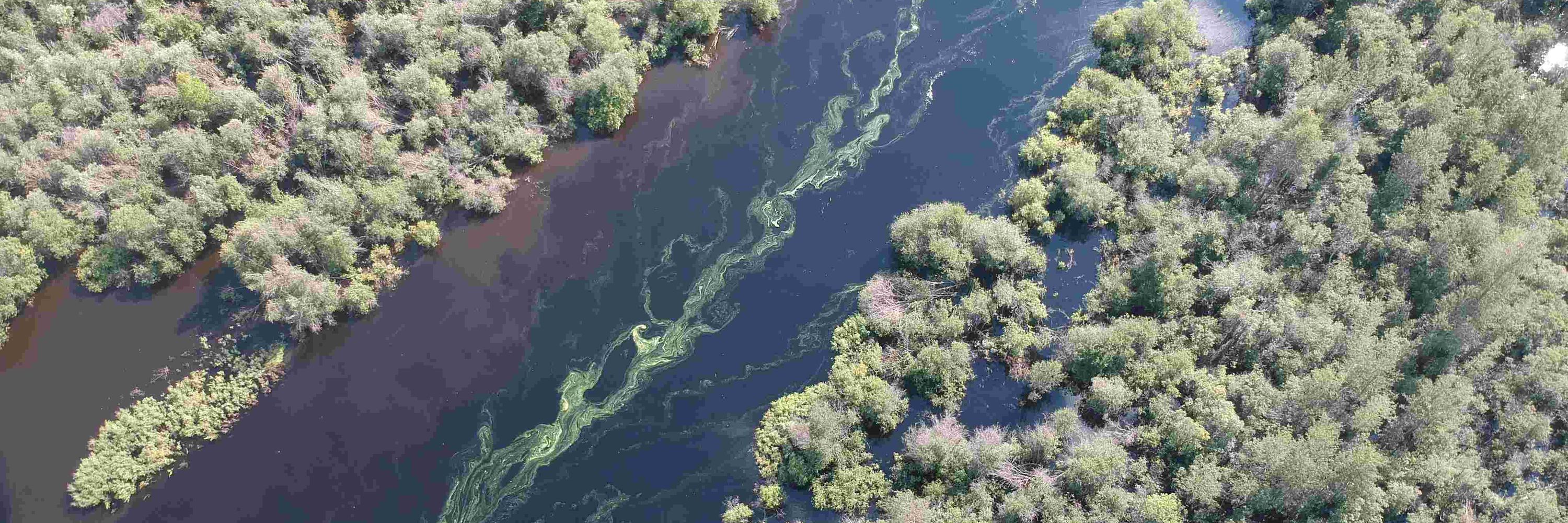

www.nature.com/articles/s41...
You are terrifying
and strange and
beautiful,
something not
everyone knows how
to love.
-Warsan Shire

You are terrifying
and strange and
beautiful,
something not
everyone knows how
to love.
-Warsan Shire
doi.org/10.1029/2025...
doi.org/10.1029/2025...
pubs.acs.org/doi/10.1021/...


pubs.acs.org/doi/10.1021/...
www.nature.com/articles/s41...

www.nature.com/articles/s41...


www.cbc.ca/news/science...
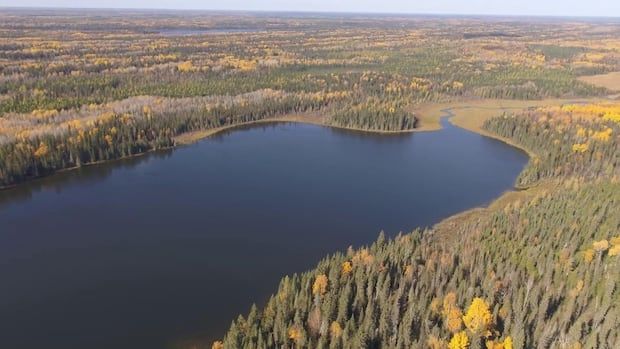
www.cbc.ca/news/science...
@queenofpeat.bsky.social, et al. 👇
📖 nph.onlinelibrary.wiley.com/doi/10.1111/...
#LatestIssue

@queenofpeat.bsky.social, et al. 👇
📖 nph.onlinelibrary.wiley.com/doi/10.1111/...
#LatestIssue
And so much of the landscape is burned - we drove hours and hours through charred forests. The last decade has been unprecedented.




And so much of the landscape is burned - we drove hours and hours through charred forests. The last decade has been unprecedented.


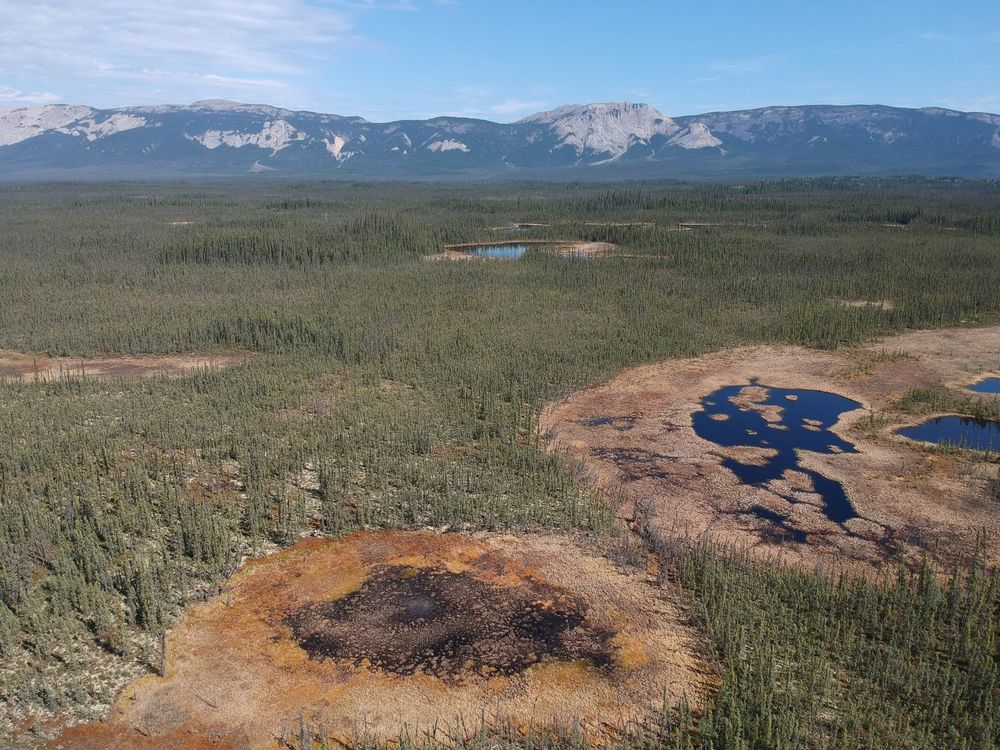
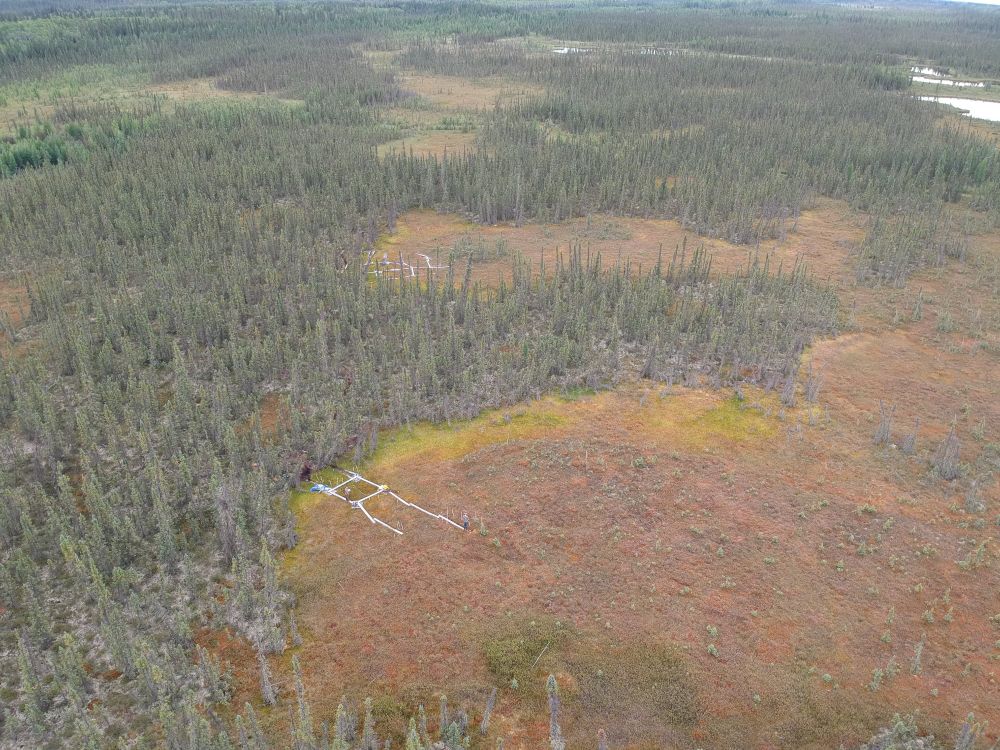
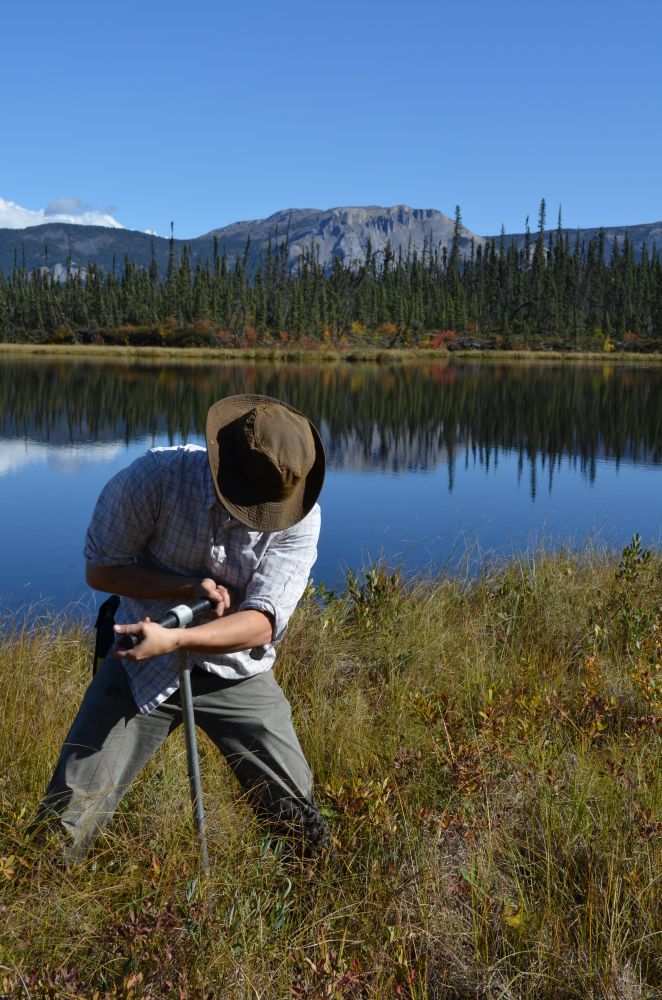
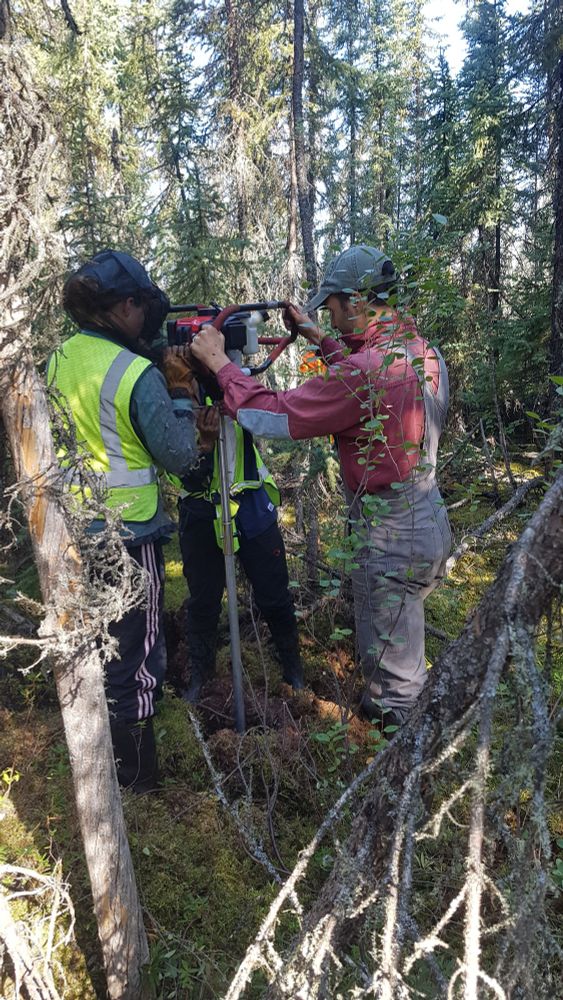
doi.org/10.5194/essd...



doi.org/10.5194/essd...
www.aeco.earth/blog/peatlan...

www.aeco.earth/blog/peatlan...
essd.copernicus.org/articles/17/...
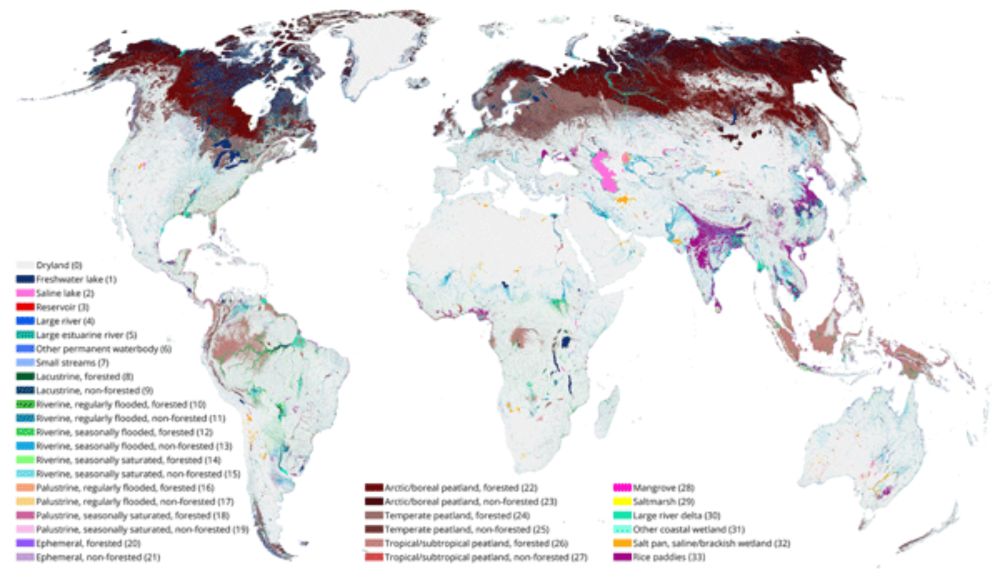
essd.copernicus.org/articles/17/...
Details here:
universityaffairs.ca/search-job/?...

Details here:
universityaffairs.ca/search-job/?...
The new Global Methane Budget is now published, open access.
essd.copernicus.org/articles/17/...
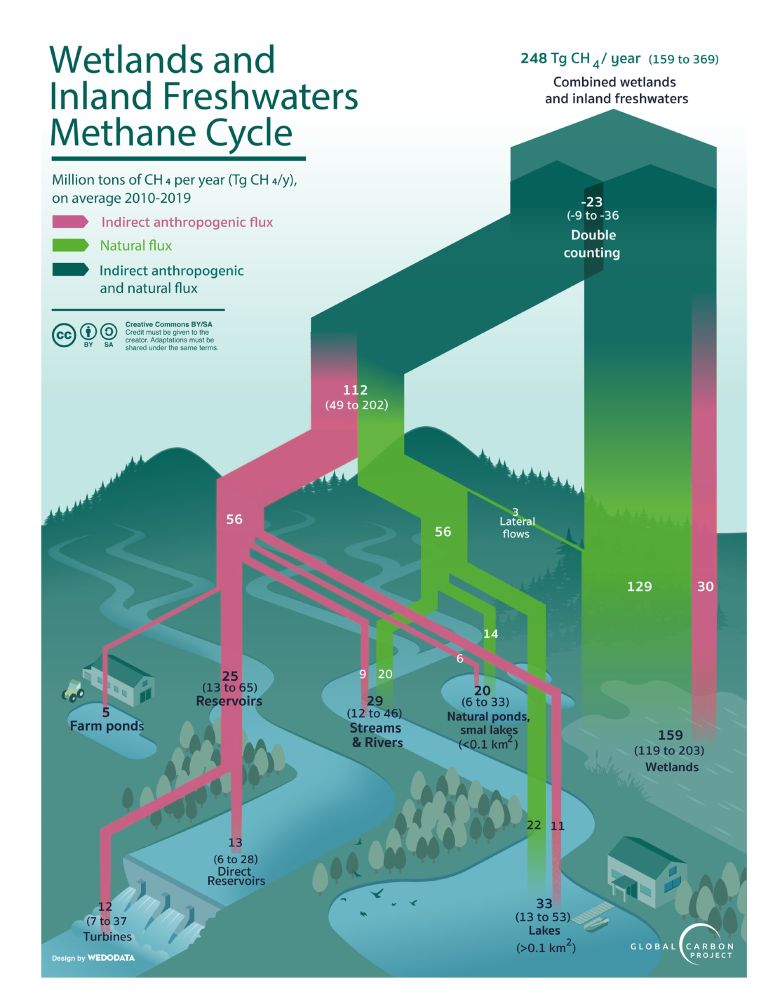
The new Global Methane Budget is now published, open access.
essd.copernicus.org/articles/17/...
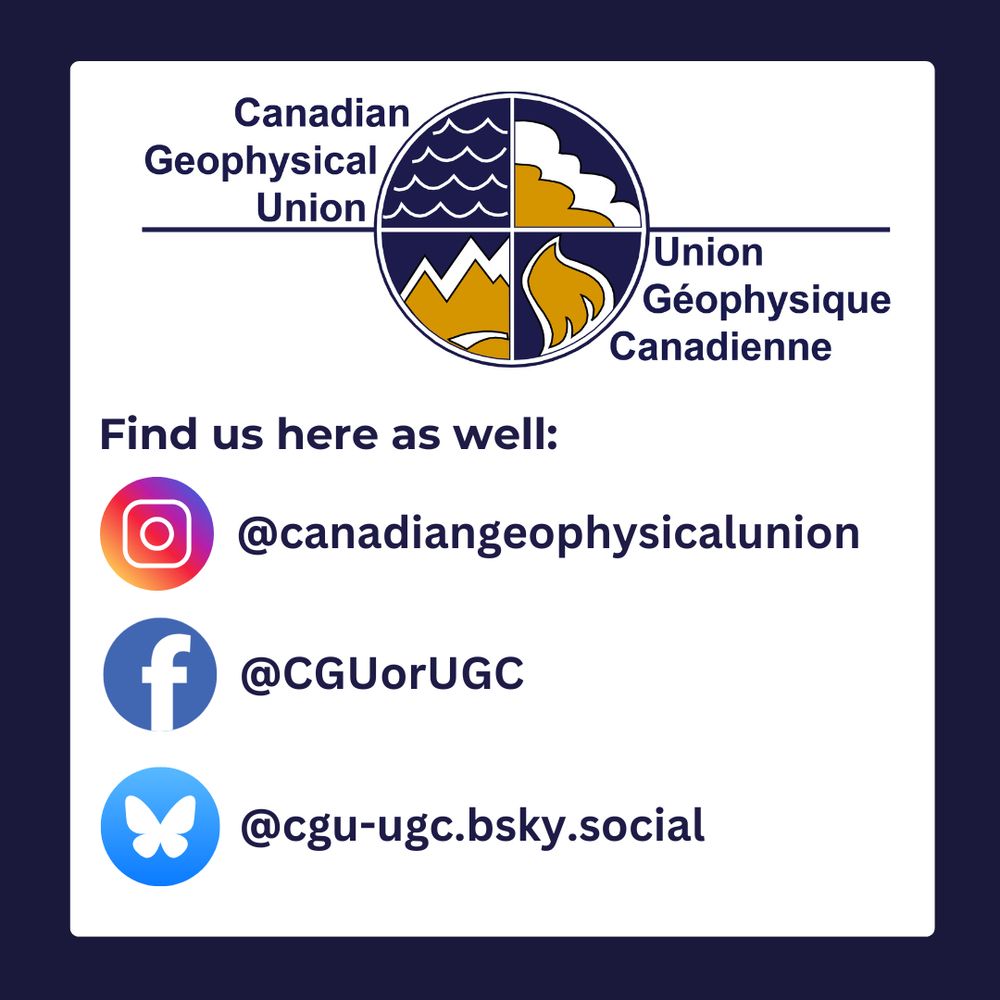

Full details for the job can be found here: www.jobs.manchester.ac.uk/Job/JobDetai...

Full details for the job can be found here: www.jobs.manchester.ac.uk/Job/JobDetai...


